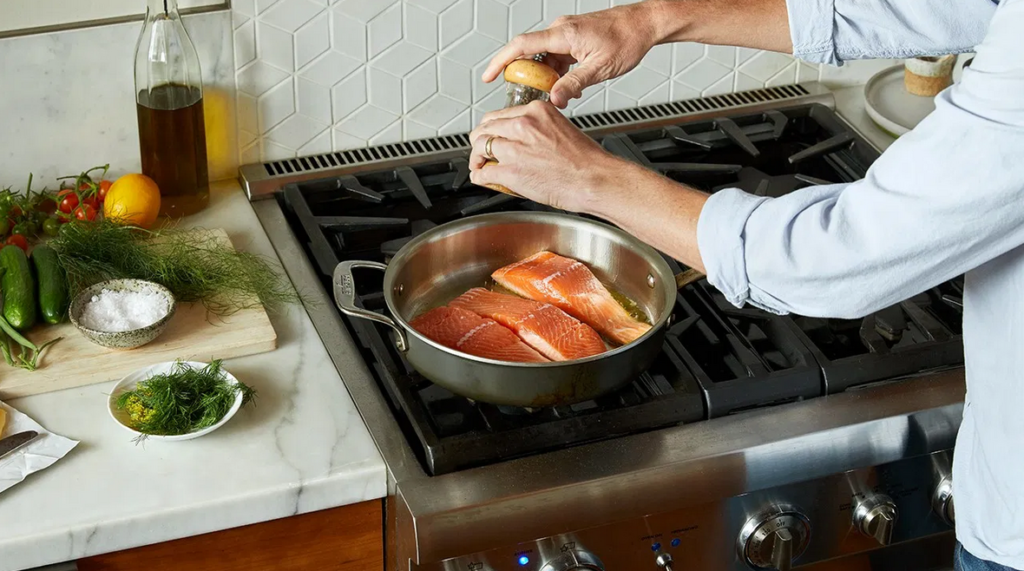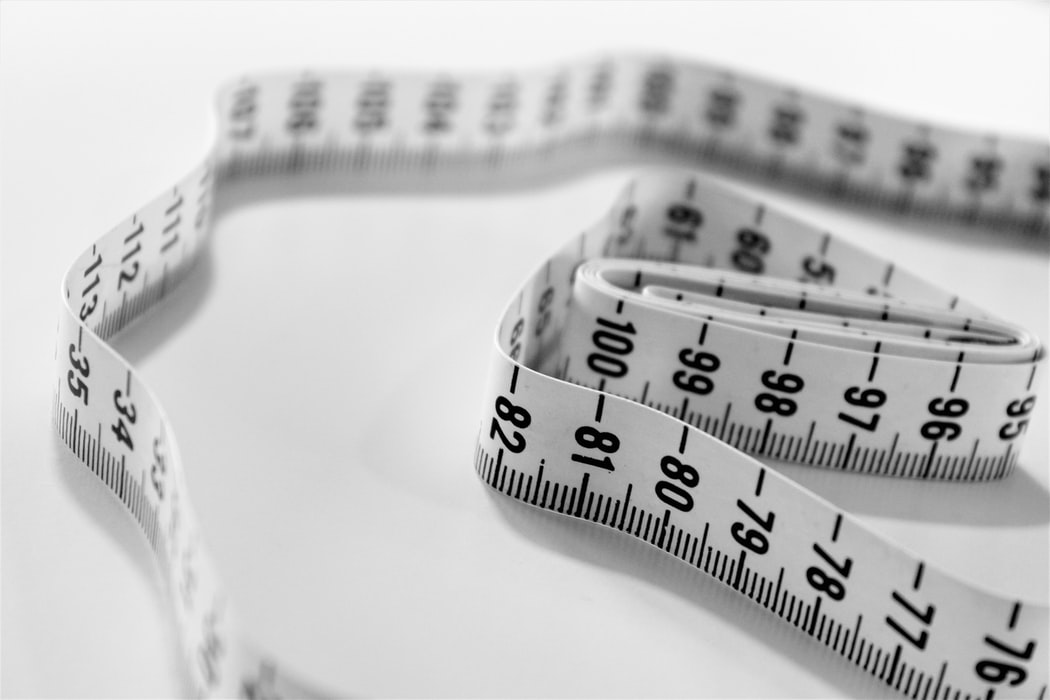15 Tips on how to lose weight fast and effectively.

You want to know how to lose weight fast, If your goal is to lose five actual pounds by next weekend, I have some bad news: It’s basically impossible to lose that much body fat in a week. Since it’s such a short amount of time, even if you incorporate some healthy lifestyle changes (more on that later) the most you’ll be able to lose is about a pound, says Wendy Leonard, RD, founder of Rhode Island Nutrition Therapy.
Drop any more than that and you’re probably just shedding water weight—not body fat. And while a decrease in water weight translates to pounds lost, the change is temporary, says Elizabeth Mayer-Davis, Ph.D., a registered dietician and chair of the Department of Nutrition at the University of North Carolina at Chapel Hill.
Another thing to keep in mind when losing weight fast: Even if you do somehow manage to lose five pounds by Friday, you probably won’t be able to keep the weight off long-term, says Charlie Seltzer, MD, a Philadelphia-based weight loss physician. The intense calorie restriction required to lose that much weight that quickly (which is not physically or mentally healthy, BTW!) would make you so hungry that you’d eventually want to eat everything in sight. It’s the body’s natural survival mechanism, explains Leonard. In other words, DO NOT starve yourself. Not only is it unhealthy, but it won’t get you the results that you’re looking for anyway.
Whew, now that we got those disclaimers out of the way, there are healthy and effective ways to lose weight, both in the short-term and long-term. Step one = talking to your doctor or a registered dietitian. They’ll be able to help you set realistic goals and can guide you on how to shed pounds safely.
Once you’ve done that, check out the tips below for some ideas on how to get started. And try to be patient—remember that healthy weight loss doesn’t happen overnight.
1. Focus on eating quality foods, not counting calories for weight loss.
“Don’t focus on calories. Just focus on healthy food choices and the calories will follow,” says Leonard. Yup, that means don’t bother doing the math on what you’re eating each day. Instead, put your attention towards incorporating more fruits, veggies, lean meats, and heart-healthy fruits into your diet. Doing this should naturally help you lower your calorie intake a bit.
If you focus on the quality of food, there’s also a good chance you’ll eat more nutrient-dense options that leave you satiated, adds Lauren Sullivan, a registered dietitian with Cleveland Clinic’s Center for Human Nutrition.
2. Track your diet for best weight loss results.
First, remember that no food is inherently good or bad, Dr. Seltzer says. And if the idea of jotting down everything you eat in a day makes you feel guilty or anxious, just skip this entirely.
That said, people who track what they eat tend to be more successful in losing weight because it raises awareness about what they’re noshing on, says Dr. Mayer-Davis. In fact, a series of studies published in the Journal of Personalized Medicine suggest that those using apps to monitor their diet and activity were more likely to experience an increase in weight loss.
Leonard recommends trying a photo food journal app like Ate Food Journal. She notes that people tend to like this approach better because opening an app and snapping a quick pic is way less tedious than writing down every little detail about your meals throughout the day. And it’s just as effective: Having to pause and take a picture before encourages you to be more mindful about your food choices.
3. Go plant-based is an easy way to loosing weight fast.
In a study of more than 1,000 people published in the Journal of General Internal Medicine, researchers found that people who following vegetarian and vegan diets rich in whole grains, fruits, produce, nuts, and legumes lost more weight than dieters on other plans over the same time span.
That’s because vegetables—especially non-starchy vegetables like spinach, asparagus and celery—provide a ton of nutrients and fiber, but they’re low in calories, explains Leonard. Fiber slows the digestion process and optimizes fullness and nutrient intake at mealtime, so a plant-based diet can help you feel satiated longer after eating, adds Alicia Romano, RD, LDN, a clinical registered dietitian at the Frances Stern Nutrition Center at Tufts Medical Center in Boston, Massachusetts.
That said, you totally don’t have to go vegetarian or vegan if you don’t want to. You can still eat meat, just focus on incorporating more plant-based meals into your diet, says Leonard.
4. Eat the rainbow.
Makings sure there’s an array of different colors on your plate at every meal helps ensure that your body will get all of the nutrients that it needs, says Dr. Blackman Carr. That’s because many of the colors you see in your foods, especially fruits and vegetables, represent different types of phytonutrients your body needs, Leonard explains. For example, the phytonutrient beta carotene (which is good for your skin and eyes) creates the orange color of foods like carrots, tangerines and pumpkins.
Rather than following complicated diets or looking the nutritional measures of every single food you eat, just focus on trying to get 3-5 different colors on a daily basis and your diet should start to become healthier, says Leonard.
5. Make super small food swaps.
Full disclosure: You probably won’t notice a change after making small food swaps for just a week. But according to The European Journal of Obesity, it will lead to more sustainable weight loss over time. So what are small food swaps, exactly? Instead of a big change like giving up your daily bagel sandwiches in favor of an egg-white wrap, try ordering the same sandwich on an English muffin. “When we commit to small food swaps, we actually adapt new behaviors,” explains Romano.
Whatever you choose, just make sure your focus is on small, manageable changes. That way, you’re more likely to follow through for an extended period of time rather than just a few days or weeks, she adds.
6. Don’t skip meals.
Ignore your hunger is never a good idea. Your bodyfunctions best when you eat at regular intervals during the day, Romano says. Doing so helps to optimize your blood sugar control so you can avoid the spike and crash that comes with eating a big meal on an empty stomach.
Plus, skipping meals can actually make it harder for you to lose weight fast. When you avoid eating when you’re hungry, you’ll likely experience hunger pains, food cravings and drowsiness—all of which can lead to more snacking, Romano explains. And if you let yourself go hungry for too long, your body will go into survival mode and convert anything you eat afterward into fat to protect against starvation, adds Leonard.
7. Get your protein from lean food sources.
Dietary protein is one of the most important tools in your weight-loss arsenal, partly because you expend more energy digesting protein versus carbs and fat, Dr. Seltzer says.
Leonard recommends choosing lean protein sources like chicken breast, salmon, low-fat Greek yogurt over alternatives like bacon and burgers when you have the option. They’ll ensure that you get enough protein without setting you back from your wellness goals.
8. Pair healthy carbs with healthy proteins and/or healthy fats.
When you combine a healthy carbohydrate (like whole-grain toast) with a healthy protein (like an egg) and/or healthy fat (like an avocado), it slows digestion, which makes you feel fuller than you would eating a carb alone, says Leonard. Another great option? Some apple slices paired with peanut butter.
9. Opt for higher-fiber carbs.
Like protein, fiber slows the rate at which your body digests carb calories so you feel full for longer and maintain steadier blood sugar levels, one reason why research consistently links fiber intake to weight loss. That means fibrous whole grain bread tends to be a better choice than white bread and also explains why fruits, which contain fiber and valuable vitamins in addition to sugar, beat straight-up candy every time.
10. Drink more water.
You might think that drinking a lot of water is gonna make you feel bloated and full, but it’s actually the opposite, says Leonard. If you aim for the recommended eight glasses a day, it helps the body flush out toxins more quickly.
On the flip side, if you don’t drink enough water throughout the day, your body will release an antidiuretic hormone that leads to water retention and could cause temporary weight gain, Dr. Seltzer says. But if this happens to you once or twice, don’t freak. It happens to everyone from time to time, and it’s not going to cancel out the lifestyle changes you’ve been making.
11. Cut back on booze.
If you’re trying to maximize your weight loss in a shorter period of time, Leonard recommends cutting out alcohol entirely. It causes inflammation which can make your body retain water and throw off the number on the scale, she explains.
After eliminating or drastically reducing the alcohol in your diet for a couple of weeks, see how you feel, says Leonard. The experience could make you think about changing up your drinking habits if you notice an improvement in your quality of life with less imbibing.
12. Try to swap stress eating for other habits.
It can be really hard to stop yourself from stress eating in the moment, so Leonard recommends writing down a list of some things you can do instead. It might include taking some slow, intentional deep breaths, going for a walk, or calling a friend. Then the next time you feel a stress-fueled craving coming on, you can refer back to it and try one of those alternatives first, she says.
13. Make sure you’re getting good quality sleep.
If you don’t get enough sleep, it’s going to be way harder to find the energy to work out and prepare healthy meals, says Dr. Blackman Carr. Most people need 8 to 9 hours of sleep a night to feel rested and ready to take on the day, says Leonard, but do whatever feels right for you. Yup, this tip means no more scrolling through TikTok til 3 am, sorry!
14. Exercise—but not excessively.
Let’s get one thing straight: Exercise can’t help you lose weight in a week. That said, exercise—especially at a moderate level—can help you lose weight over a longer period of time. Moderate exercise, like brisk walking or yoga, has been shown to help with managing appetite, says Leonard. She recommends doing some type of moderate physical activity for 30-45 minutes a few times a week. But most importantly, exercise is great for your heart, mental health, and overall wellbeing. It goes way beyond whatever your weight happens to be.
15. Reduce your sedentary time.
You know how your Apple Watch does that annoying thing where it tells you to get up every hour when you’re sitting at your desk? It turns out there’s actually a pretty good reason for that. Sitting for long periods of time—aka sedentary behavior—can increase your risk for health problems, says Dr. Blackman Carr. Additionally, a study published in the European Journal of Preventative Cardiology suggests that replacing sitting with standing could prevent weight gain.
To reduce your sedentary time, Dr. Blackman Carr recommends taking quick breaks from work or school throughout the day (as you’re able) to stand up or even take a few steps around the room. As a little bit of incentive, you could turn them into social media breaks and use that standing time to check your phone, she suggests

